The below blog is based on our recent webinar “Why you need an estate plan NOW”. You can watch the webinar recording on YouTube by filling in this form.
Many of us tend to procrastinate on estate planning, thinking we don’t need it because we’re healthy or not facing immediate concerns. However, life is unpredictable and unforeseen events, such as illness or sudden injury, can disrupt our plans. While hoping for the best, we need to prepare for the worst, and estate planning is a crucial aspect often overlooked. The risk of leaving our loved ones burdened with complex legal processes and financial uncertainties is too great to ignore or put off. I always say it’s never too early to start thinking about estate planning, but it might be too late.
The Consequences of Inaction
If you become incapacitated without Powers of Attorney, the consequences could be grave. Your loved ones may need to resort to costly and time-consuming court proceedings for a Guardianship and/or Conservatorship. Similarly, if you suddenly pass without a will, your assets may end up in intestate proceedings and those assets may end up going to heirs you may not have preferred.
Tailoring Your Legacy: Beyond Documents
Estate planning is not just about paperwork; it’s about leaving a legacy and ensuring your wishes are carried out. It is not just your money; it’s also about who will make decisions regarding your care and your finances for you if you are unable. This involves designating beneficiaries, creating wills, and considering the implications of common-law marriages, especially in states like Colorado.
Ultimately, it’s about being clear in your head, your heart, and your spirit that things will be taken care of in case you can’t handle them. You will know that there is someone in place whom you trust so that you, your home, and your assets are looked after.
Considering Your Entire Family
Estate planning can extend beyond immediate family, including considerations for stepchildren, grandchildren, and pets. Planning for the care of animals and making financial provisions for their well-being are often overlooked but crucial aspects of estate planning. You would be surprised at how often people forget about their animals. For example, making plans for parrots is uniquely important; they can live over 100 years, so it’s important to create some kind of plan to provide for the care of that animal when you are unable. It can also give you a sense of peace to know exactly how your family, pets, and loved ones will be taken care of if something happens to you.
Addressing Long-Term Care
Long-term care is a reality many of us face at the end of life, and planning for it is essential. Whether considering long-term care insurance or Medicaid planning, having conversations and making arrangements well in advance can help prevent future financial strain. Unfortunately, long-term care insurance can be expensive, but if you’re young enough to get it and you can afford it, it may be in your best interest to do so. Most people don’t have it, so they are faced with either planning for a need for Medicaid or self-pay. When you take the time consider the costs of long-term care and what kinds of steps you can take to protect certain assets from the purview of Medicaid well in advance, at least five years before you need to apply for Medicaid, you are able to make more informed choices.
The Importance of Conversations
Initiating conversations about end-of-life wishes, healthcare decisions, and asset distribution is vital. These discussions ensure that your chosen agents for powers of attorney and trustees understand your values and can make informed decisions on your behalf. If you’re thinking about a loved one who needs an estate plan, rather than your own, we have advice on how (and how not) to talk to family members about estate planning. These can be sensitive subjects so discussions need to be done carefully and with empathy.
Comprehensive Estate Planning
Beyond a simple will, comprehensive estate planning involves trusts, powers of attorney, living wills, and documents addressing specific situations like dementia. It’s about creating a roadmap for your legacy and providing clear directions for your financial assets, property, and personal items. I have a list of nine separate elements that I cover in my estate planning because I believe estate planning isn’t just about what happens after you die, it should also make the end of your life as comfortable as possible. These elements are:
• Your will;
• Financial Power of Attorney;
• Living Will;
• HIPAA Release;
• Last Wishes Declaration;
• Nomination of Guardians & Conservators;
• Docubank – cloud storage of medical directives to give doctors access.
Taking Action Today
To start your estate planning journey, you may want to conduct a basic inventory of your assets and consider possible beneficiaries. An experienced estate planning professional can help tailor a plan that reflects your values and provides peace of mind.
In conclusion, estate planning is not just a precautionary measure; it’s a gift to your loved ones, ensuring they can navigate very emotional times with clarity and confidence.
Don’t wait for tomorrow, start planning for your legacy today.
If you would like to find out more about Rocky Mountain Elder Law’s estate planning services, get in touch at info@rockymtnelderlaw.com.
